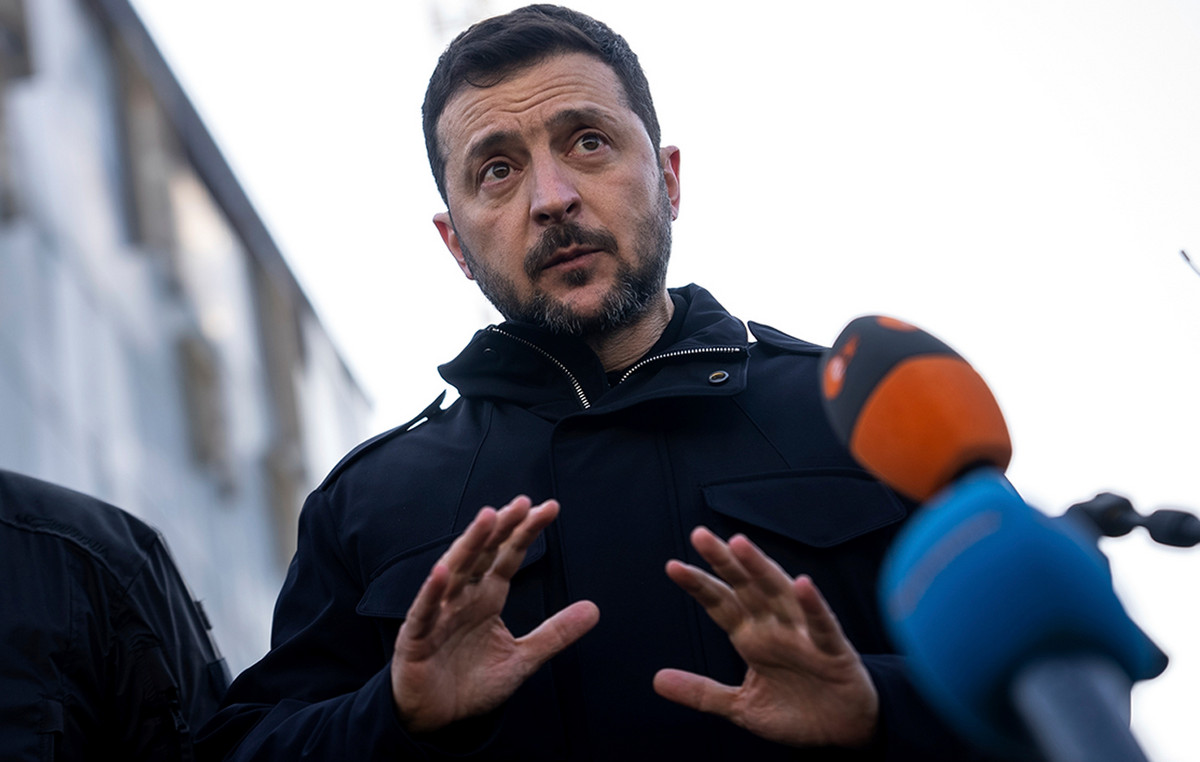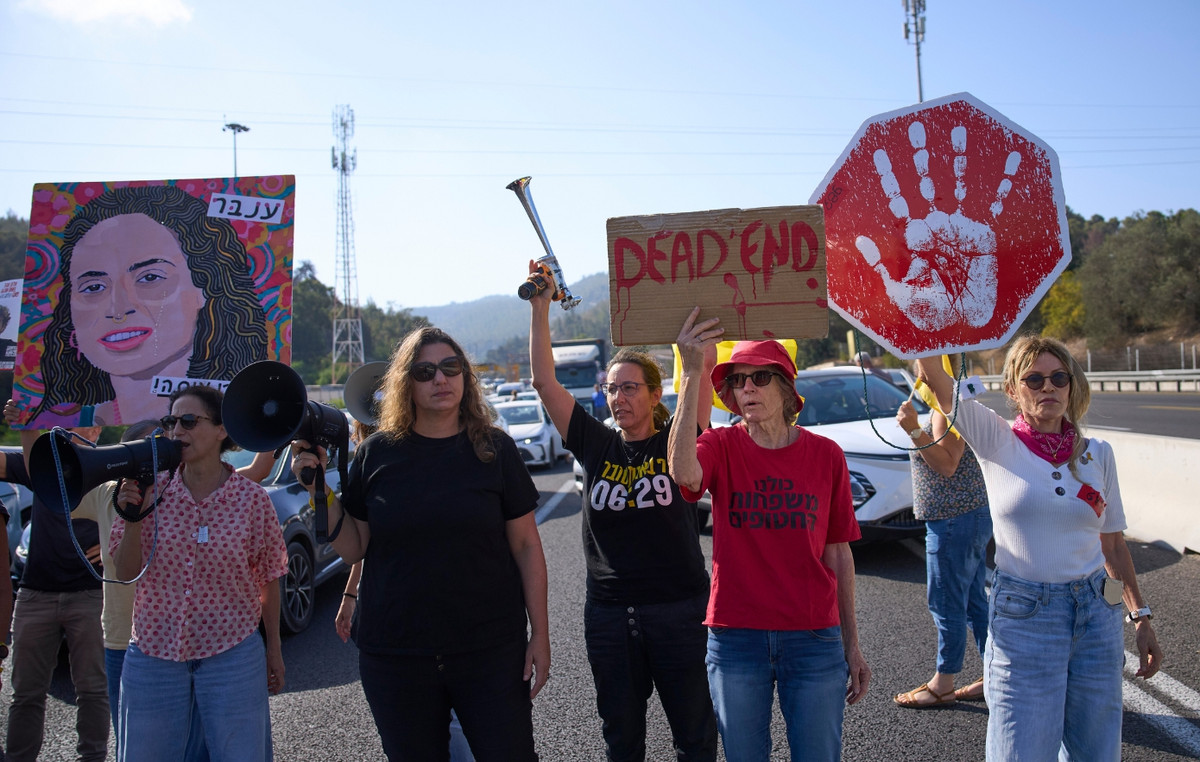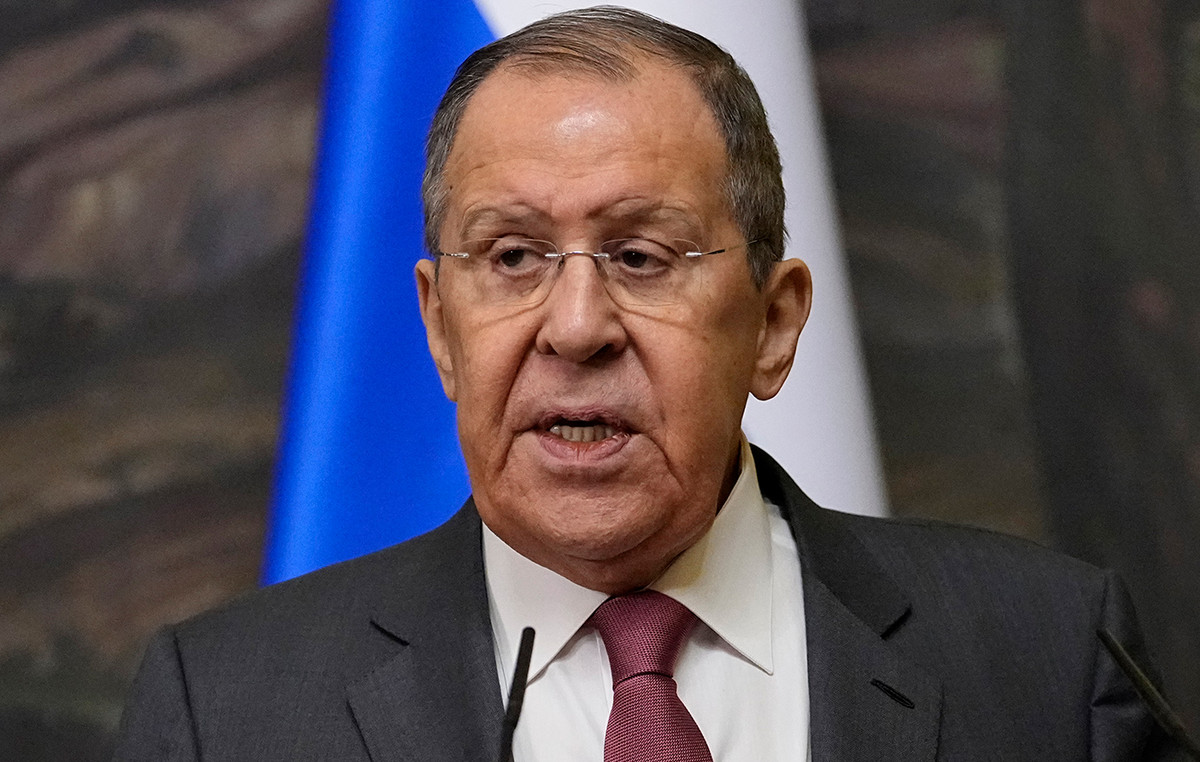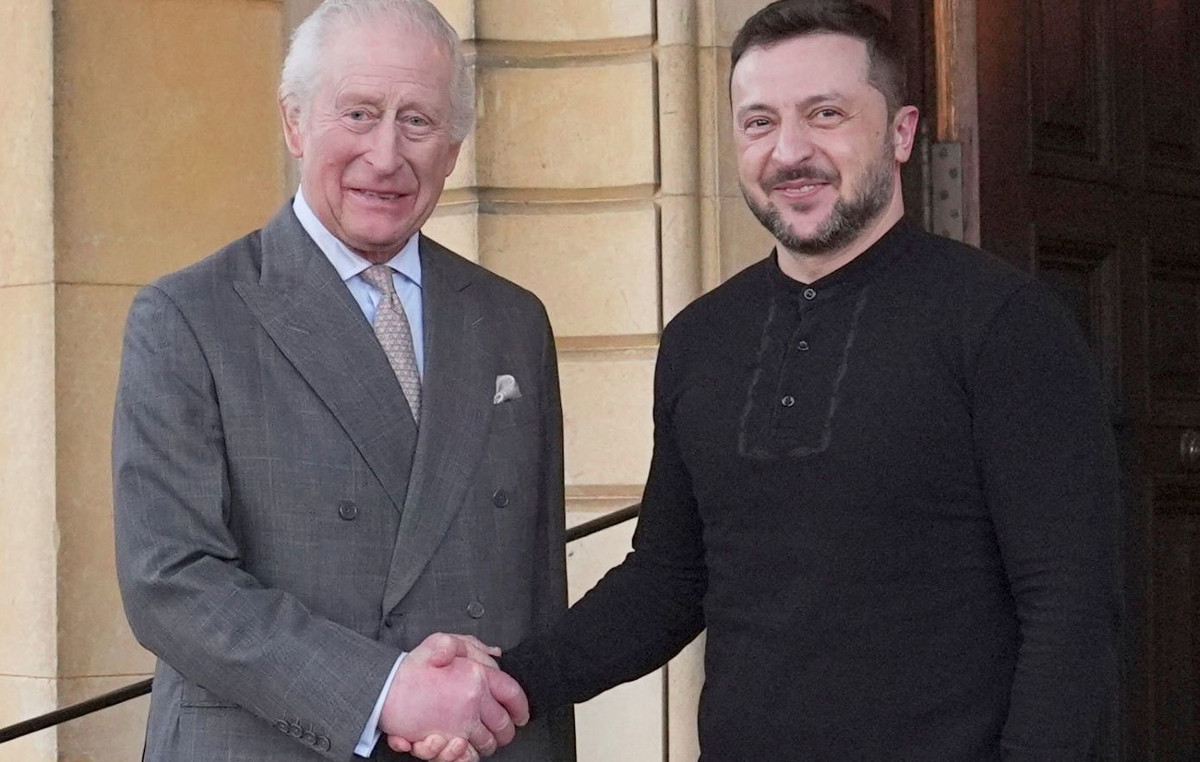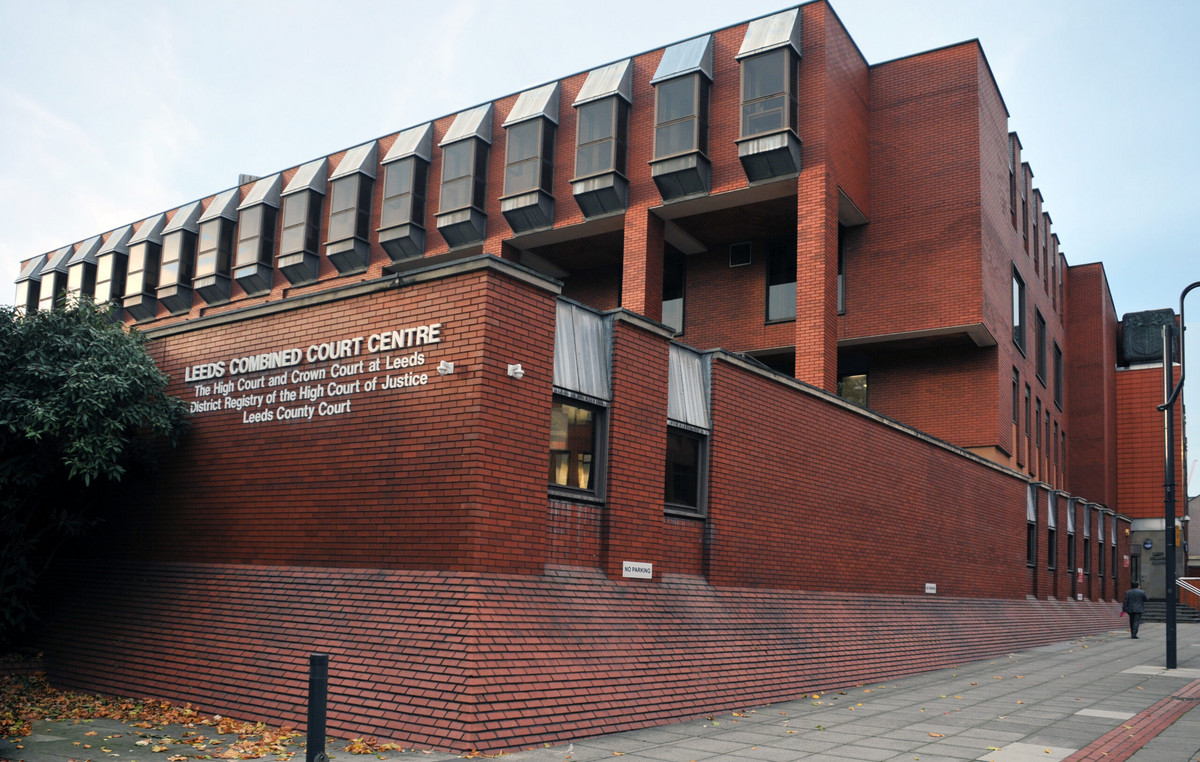The population of Chile goes to the polls this Sunday (19) to define the winner of the second round of the country’s presidential election. Jose Antonio Kast, far right, and Gabriel Boric, from the left, are in the dispute with equal chances of winning, with polls pointing to a tie in voting intentions.
The first round of the election, on November 21, ended with Kast in first place, with 27.91% of the vote, and Boric in second, with 25.82%. To emerge victorious, one of the two will need to get more than 50% of the votes.
In opposing camps, Boric and Kast diverge on several points, from economics to social issues. As a result, the election, for a four-year term, has been marked by intense polarization, with candidates trying to win over undecided voters.
At the same time, the country’s two main political forces were left out of the run-off for the first time since Chilean redemocratization.
The chosen one will succeed the current president, Sebastian Piñera, who leaves office with low approval rates by the population. Chile is also going through a Constituent Assembly, whose new Constitution will influence the mandate, and potential actions, of any of the mandates.
In all, 15 million Chileans will be able to participate in the elections, but voting is not mandatory in the country. In the first round, about 7 million people voted, 47% of the total. The expectation is that the result will be released between Sunday night and Monday morning (20).
Polarization
Lourival Sant’Anna, international policy analyst at CNN, evaluates that the most important aspect of the election is the political polarization, which according to him is recent in the country. Since redemocratization, the center-right and center-left have alternated in power.
For him, “Piñera had a more central agenda, but the polarization was brewing”. “There have always been candidates and far-left and far-right groups in Chile, but this is the first time they have had a real chance to come to power.”
Wagner Iglecias, a professor at EACH-USP, states that “Chile today has a relative degree of development, and this is due to copper revenue. But it’s a very unequal country. Access to health, education, social security is complicated for the majority of the population, with low State investment”.
One of the problems in the country is, according to Sant’Anna, the lack of a welfare in the country, which “has led to an impoverishment of the people”.
According to him, the lack of distribution of wealth in the country has become a relevant point in the political debate, and has generated dissatisfaction among part of the population. This was reflected, for example, in the series of protests that took place in 2019, which culminated in the convening a Constituent Assembly.
For the professor, the current electoral scenario is “unusual”, and reflects a dissatisfaction not only with the economic situation in the country, but with the political class, which favored candidates from less traditional parties, such as Boric and Kast.
At the same time, the two candidates ended up representing a shift to extremes in the country. Kast, a lawyer, defended throughout the campaign the legacy of Chilean dictator Augusto Pinochet. At the same time, he harshly criticizes Boric, a former student leader, taking advantage of the fact that the politician is an ally of the Communist Party of Chile.
Boric promises to prevent an advance of authoritarianism and conservatism in Chile, while Kast asserts that “Chile is not and will never be a communist or a Marxist nation”.
The reflection of this polarization is in the electoral polls. The latest, released on Thursday (16), points out that Kast has 48.5% of voting intentions, while Boric has 48.4%. The scenario is a reversal of previous polls, which showed Boric ahead of Kast, with the intention to vote for the conservative candidate rising in recent days.
internal scenario
In addition to the first round of the presidential election, Chileans also elected in November all of the country’s 155 deputies and 27 of the 50 senators.
Boric’s alliance, called Apruebo Dignidad, won 37 seats, while Kast’s, Social-Christian Front, got 15. The big winner was Chile Podemos Más, with 53, an alliance that includes parties supporting Piñera.
The center-left New Social Pact, which represented the government of former president Michelle Bachelet, took 37. Yasna Provoste, the group’s candidate, came in fifth, with 11% of the vote, and now supports Boric. Sebastián Sichel, Chile’s Podemos Más candidate, was fourth, with 12%, and supports Kast.
Another big news was businessman Franco Parisi. Populist and critical of the political class, he was in third place, almost 13% of the vote, even without having campaigned in person in the country. So far, he has moved closer to Kast.
Adding smaller parties to the left, the bloc on the left achieved a majority in the House, but a small one. In the Senate, it will be the independent senators who will determine which block will have the majority.
As a result, the legislative environment for any winner is uncertain. “If one of them wins, but Congress is closer to the defeated one, it is difficult to implement the agenda”, says Iglecias.
There is also the country’s new Constitution, which will need to be approved in a referendum. With a progressive majority, it should be more in line with Boric’s proposals than Kast’s. Iglecias does not rule out the conservative candidate supporting her rejection in the referendum if she is victorious.
Economically, Boric advocates a tax and pension reform in the country. He also wants to raise taxes for private companies that mine copper, Chile’s main export product. Kast, on the other hand, wants to cut taxes, and has already suggested that he would privatize Codelco, a state-owned company that explores copper.
Boric argues that Chile’s economic model, still closely linked to the neoliberalism implemented during the Pinochet dictatorship, was responsible for fueling inequality in the country, and needs to be replaced. Kast praises the system, and promises to be a candidate who will defend “law and order” in the country. He was against abortion and same-sex marriage, while Boric was in favor of both points.
Would there be consequences for Brazil?
For Felipe Loureiro, professor and coordinator of the international relations course at USP, the election is “very important” for Brazil, as any possible instability could reflect on Brazilian soil.
“I think the scenario would be very similar to what is developing in Bolivia and no Peru, whose elections were won by left-wing candidates. This leads to a weakening between bilateral relations between Bolsonaro’s Brazil and these countries. In the case of Chile, there is an aggravating factor, because Bolsonaro has become very close to Piñera, since 2019”, he says.
Regiane Nitsch Bressan, professor of international relations at Unifesp, points to a possible “conservative shift” if Kast is victorious.
Paulo Velasco, a professor at UERJ, believes that the president Jair Bolsonaro (no party) Kast’s “cheers for a win”. He doesn’t see a deepening in the relationship between the two countries if Boric wins.
“In the future, there may be friction depending on the political scenario in Brazil, but as these relationships are not tied to a political party, I can’t imagine any great loss”, he says.
*With information from Reuters and Leonardo Lopes and João de Mari, from CNN Brasil
Reference: CNN Brasil
I’m James Harper, a highly experienced and accomplished news writer for World Stock Market. I have been writing in the Politics section of the website for over five years, providing readers with up-to-date and insightful information about current events in politics. My work is widely read and respected by many industry professionals as well as laymen.

